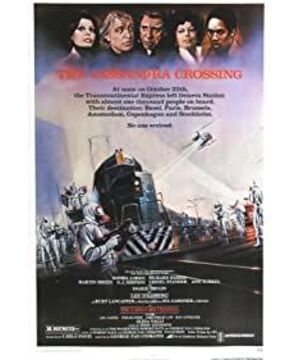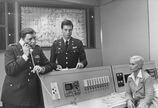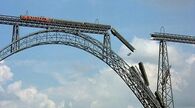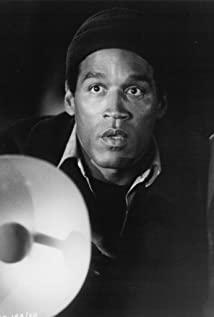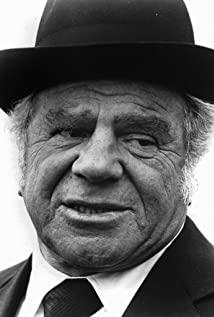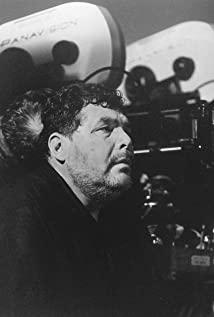The Colonel's justification for his actions really made me feel his pomp and conscience. And the threat to the female doctor can be seen in his weak words: in the name of being a good person, he is doing life-threatening work.
In the "carriage", the virus itself has gradually weakened or even subsided as the virus spreads and its own causes plus the action of oxygen (as it is set). But the virus is no longer a mere virus, it has become a political tool. This also means that the upper command ("colons") will not have any decision-making slack due to the improvement of the virus (except for fighting with the female doctor), and will even lure passengers into the grave.
Luck does matter sometimes, and if you happen to be in the male doctor's carriage, there's a good chance you won't die. However, the passengers in the front carriage were not so lucky, but what was even more tragic was that they didn't even know why they died, maybe they didn't know it was a dangerous bridge until they died, that's all. Of course there may be smart people, but by then it's too late.
But I think the best "luck" in the film is the male doctor (abandoning the protagonist's halo discussion), if he is not a doctor, he will not meet the special reaction of the old gentleman who escaped from the concentration camp to this incident; If his ex-wife hadn't happened to be in the same place as him, the ex-wife would not have been reminded of the danger of the Cassandra Bridge by the old gentleman and reminded the doctor; the fire was extinguished thanks to the old gentleman's lighter; No bullets and no serious problems after the crash, etc., all have to sigh about the good luck of the male protagonist. (But the male protagonist's decisiveness and courageous and resourceful characteristics are also very important reasons)
So sometimes too much trust in the "outside" will put you in complete danger. Those in the front carriage, who were still reading newspapers or happily talking to each other before walking into death, didn't know about the shootout in the back carriage (probably knew but the plot didn't seem to show it), nor did they know that the train was about to crash, and the steel plate was about to crash. It will be inserted into the stomach suddenly in the next second.
I'm not here to accuse them or to make rude words, but to describe the facts of the film. Faced with the same thing, different people and people in different environments (in the film, "environment" can be equal to the car) will have different reactions, of course, there are many other influencing factors. As for the innocent passengers in the front compartment, they can't control their own survival or not, and they can't know the news from the outside world. There are no more authoritative professionals or people who know the facts around them to remind you of things. real change, and all you can do is sit well in your seat. So what can we do, maybe we can only resign. If you are lucky, you may not be killed or drowned, but survived.
Indeed, people will have their own ending. Like the death of a mountaineer, I think it can be seen as: the death of knowing the truth and shouldering the task, he tried, but the opponent has a gun, a pawn. But this kind of death is fundamentally different from the previous ones.
And no matter how big the difference is, it can't hide the fact that these two kinds of deaths are tragic tragedies, both human-created and extremely vicious tragedies.
View more about The Cassandra Crossing reviews


